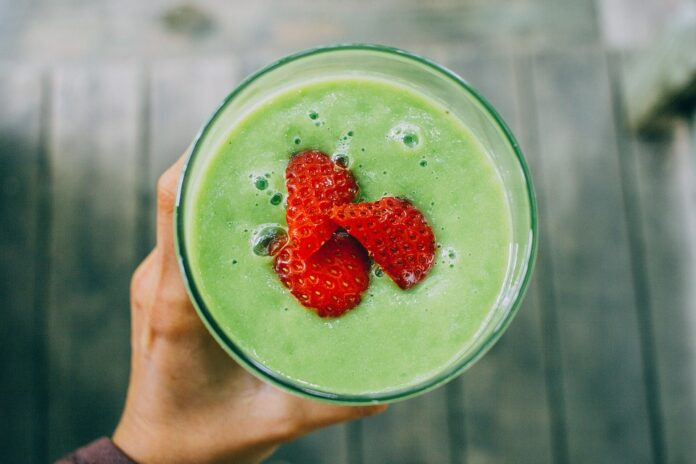Introduction
Emulsification is a process that allows oil-based ingredients to mix with water in drinks, creating smooth and homogeneous textures. This process is crucial in the food and beverage industry, where many products require the blending of oil and water-based ingredients. In this report, we will explore how emulsification works and its importance in creating delicious and visually appealing drinks.
Understanding Emulsification
Emulsification is the process of dispersing one liquid into another immiscible liquid, creating a stable mixture known as an emulsion. In the case of drinks, this typically involves blending oil-based ingredients such as essential oils, flavor extracts, or fat-based substances with water-based ingredients like juice, milk, or water.
Mechanism of Emulsification
Emulsification works by breaking down the oil molecules into smaller droplets and dispersing them throughout the water-based liquid. This is achieved through the use of emulsifiers, which are molecules that have both hydrophilic (water-attracting) and hydrophobic (oil-attracting) properties. The emulsifier molecules surround the oil droplets, preventing them from coalescing and creating a stable emulsion.
Importance of Emulsification in Drinks
Emulsification plays a crucial role in creating a smooth and creamy texture in drinks. Without emulsification, oil-based ingredients would separate from the water-based liquid, leading to an unappetizing and unappealing appearance. Emulsification also helps to enhance the flavor and aroma of the drink by ensuring that the oil-based ingredients are evenly distributed throughout the liquid.
Emulsification in the Food and Beverage Industry
The food and beverage industry relies heavily on emulsification to create a wide range of products, including dressings, sauces, beverages, and baked goods. Emulsifiers such as lecithin, mono- and diglycerides, and polysorbates are commonly used in food and beverage manufacturing to stabilize emulsions and improve product quality.
Financial Data
According to a report by Market Research Future, the global emulsifiers market is projected to reach USD 5.4 billion by 2023, with a compound annual growth rate (CAGR) of 6.5% from 2018 to 2023. The increasing demand for convenience foods, ready-to-drink beverages, and functional foods is driving the growth of the emulsifiers market.
Industry Insights
Major players in the emulsifiers market include Cargill, Inc., Archer Daniels Midland Company, BASF SE, and DuPont. These companies offer a wide range of emulsifiers and emulsifier blends for use in various food and beverage applications. Emulsifiers are also used in the pharmaceutical and cosmetic industries for formulating creams, lotions, and ointments.
Conclusion
In conclusion, emulsification is a vital process that allows oil-based ingredients to mix with water in drinks, creating smooth textures and enhancing flavor. The food and beverage industry relies on emulsification to produce a wide range of products, and the global emulsifiers market is expected to continue growing in the coming years. By understanding the mechanism of emulsification and its importance in product development, food and beverage manufacturers can create innovative and high-quality products that meet consumer demands.




